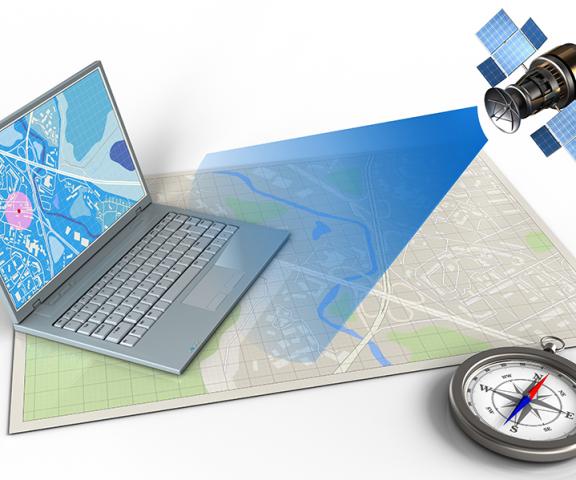How can research lead to greener outcomes?
Possibly more than many other policy area, the protection of the environment is liable to what could be called the “knowledge paradox”: scientific evidence shows that some pathways are unsustainable, yet many stakeholders seem to ignore this evidence and carry on regardless down such paths. For all those who believe in the role of sound knowledge and evidence to inform policies and support the implementation of the Sustainable Development Goals (SDGs), this is a very sobering reality check. It suggests, at a minimum, that we still poorly understand the connection between knowledge and action.
A recent pilot Global Development Network (GDN) programme on natural resource management sheds new light on ways to mobilize research and knowledge for better outcomes. GDN’s objective was to build the capacity needed to develop natural capital accounting as a powerful method to mainstream environmental sustainability in local understanding and policies by linking sustainability to broader economic outcomes.
This objective is not new. Several international initiatives have already attempted to promote national wealth accounts; for example, the United Nations has adopted a consistent accounting framework, the System of Environmental-Economic Accounting (SEEA). However useful, these initiatives have been mostly supply-driven and have yet to find sufficient echo in many developing countries. SDG challenges are embedded in local social, political, economic, institutional and cultural contexts and cannot be addressed by purely technical “solutions”. Imported knowledge, methods and evidence will be more effective if they are locally accepted as legitimate and relevant for local livelihoods. GDN used research and research capacity building in this programme to address these limitations and facilitate local awareness and action. One of the objectives was to develop natural capital accounting to improve the management of the protected area of Antrema, North-West of Madagascar. Research methods (including advanced remote sensing techniques and in situ observations) were mobilized to structure the interaction between scholars from various disciplines and local inhabitants, and to formalize forms of knowledge that might otherwise be trapped in their experience, remain implicit, and stand as obstacles to accepting other forms of exterior knowledge.
This contributed to raising local awareness on the value of the local environment for livelihoods, to identifying and documenting specific concerns and to secure the participation of local actors to address them. Instead of an approach focusing on a global, closed research-based 'solution' that would then have to be sold locally, this approach privileged a thematically restricted, open, participatory consultation, which methodic research allowed to organize and facilitate. The introduction of incipient natural capital accounts was therefore the result of a multidisciplinary, multi-stakeholder experimental approach that built shared support and put it on more solid grounds.
Throughout this experience, research may not appear as much as a solution-provider as it does as a facilitator of the local co-construction of bottom-up understanding and interpretation of existing natural and social facts. This local, interactive dimension is still a largely missing link between knowledge and action. Development research has, over time, built two complementary functions: (i) research on development focuses on understanding and formalizing knowledge on development processes and (ii) research for development uses evidence and analysis to make normative policy recommendations and search for solutions. The analytical and empirical rigor of evaluative research methods could now be mobilized to better structure multi-stakeholder interaction, to formalize forms of knowledge beyond scientific sources, and to organize a deeper, more balanced feedback loop between knowledge and action, academia and practitioners, evidence and interpretation, research and successive reorientations of action. This newer, promising third function for development research can be subsumed under a vision of what some scholars already call “research as development”, particularly relevant to move towards greener, prosperous economies.
Disclaimer: The views expressed in blogs are the author's own and do not necessarily reflect the views of the Independent Evaluation Unit of the Green Climate Fund.
